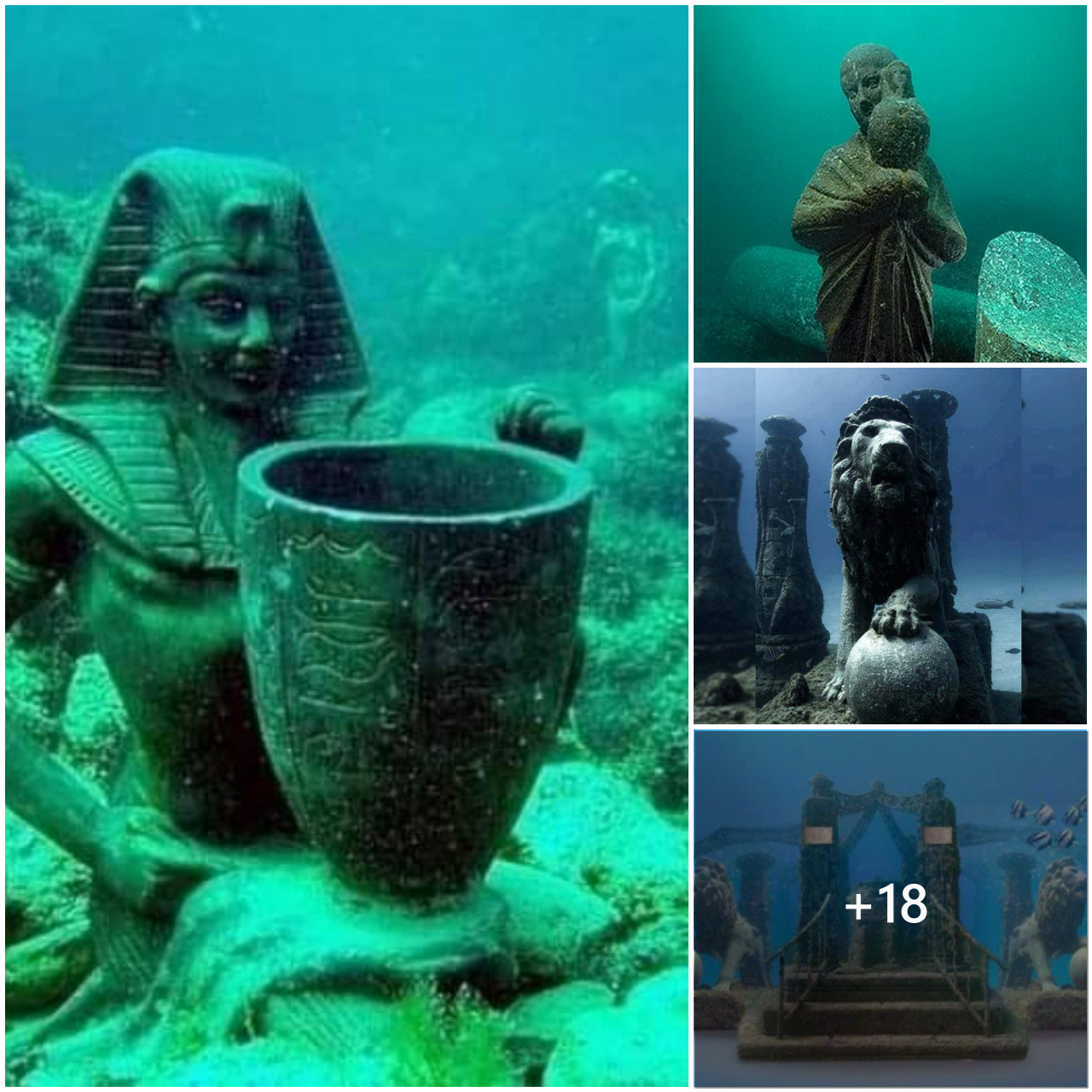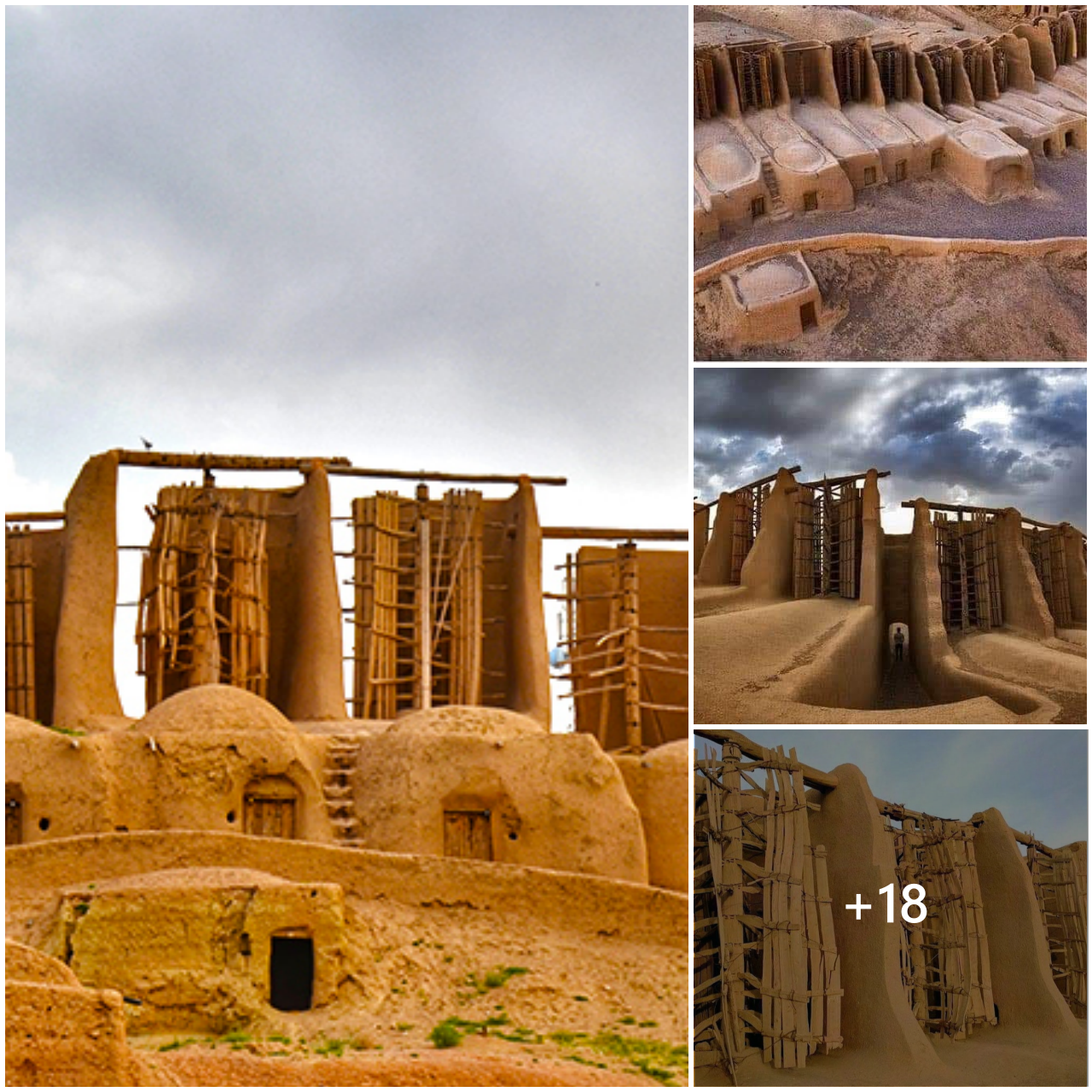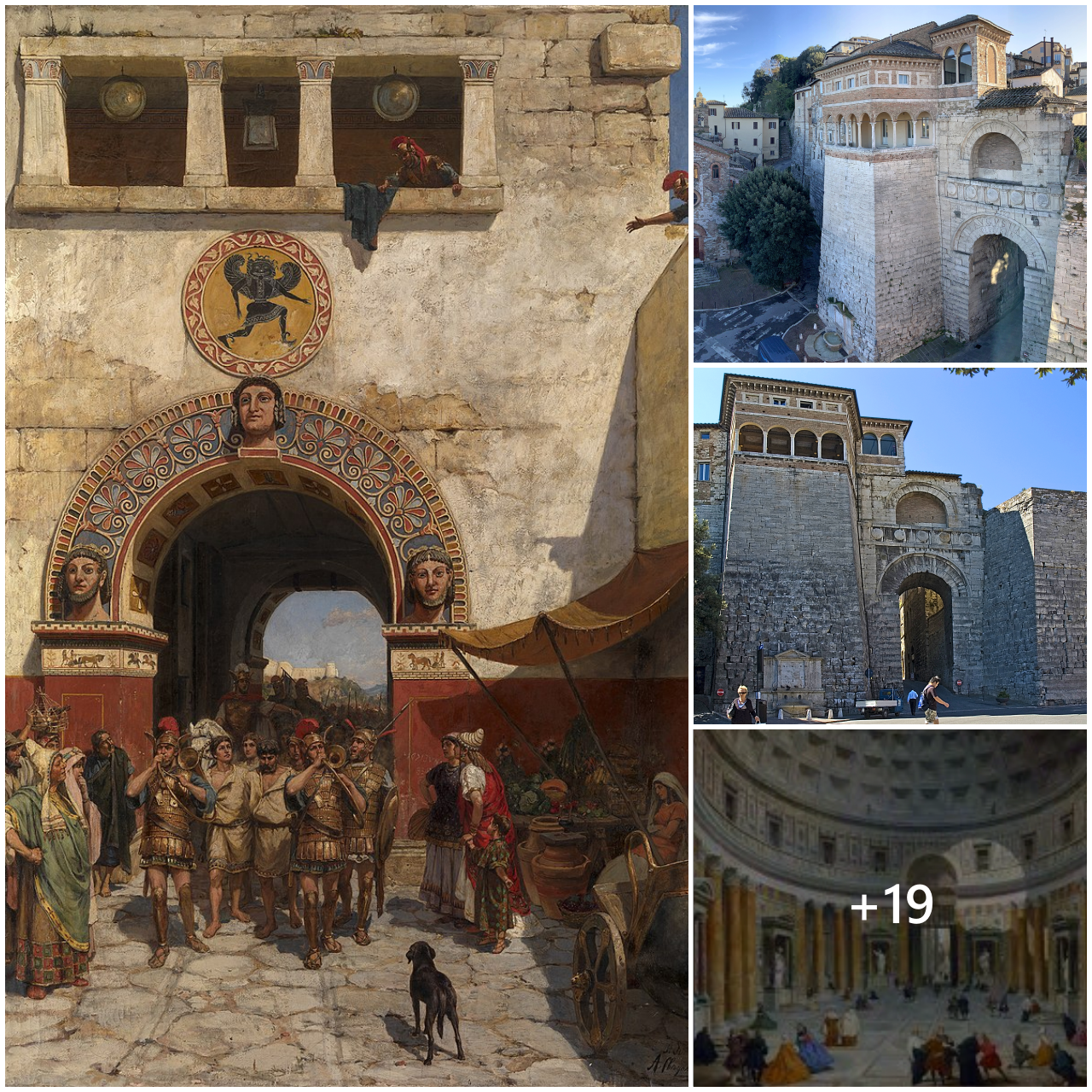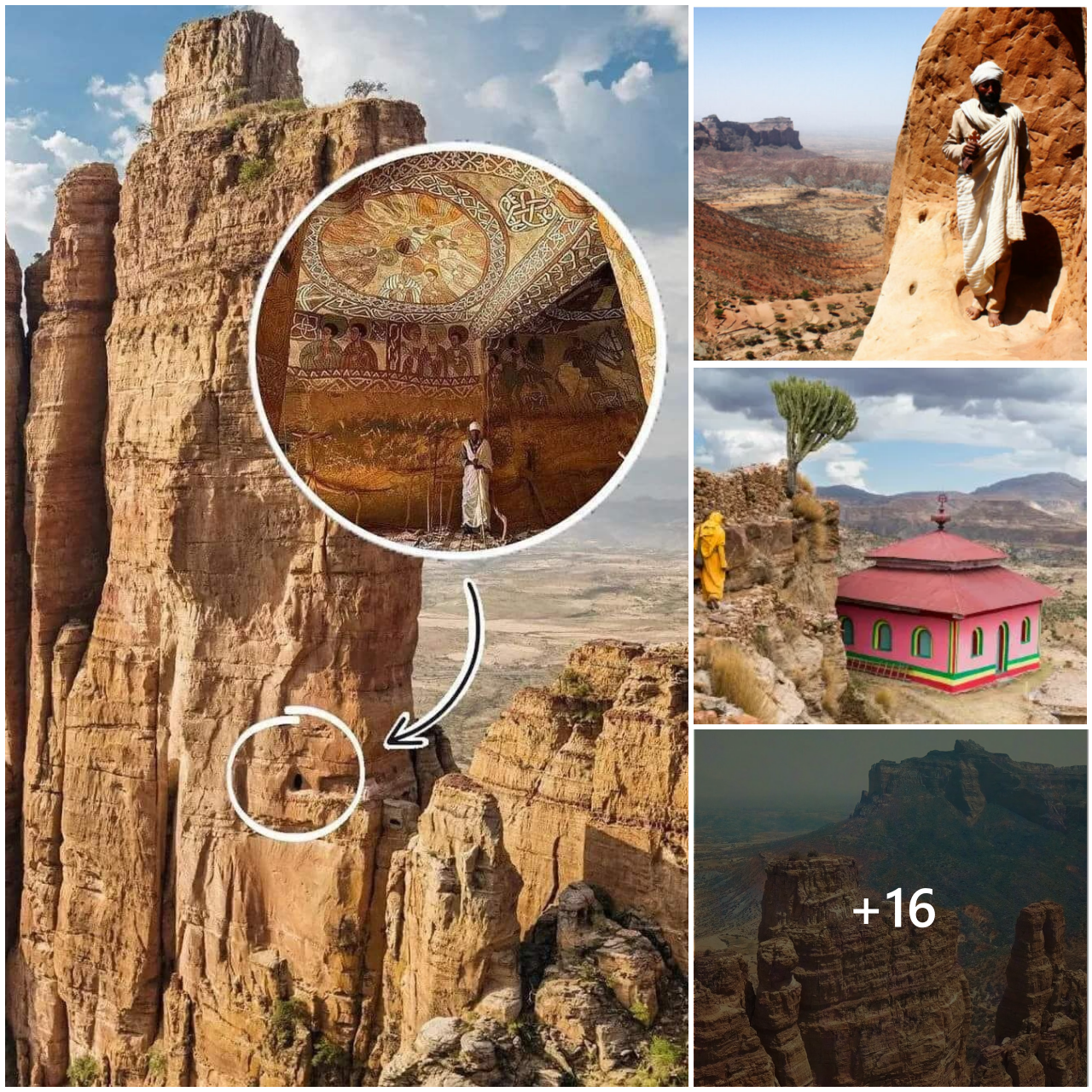Albanian Palikars dancing, from the book : Childe Harold’s pilgrimage – A romaunt by Lord Byron
Text Appearing Before Image:
Here Harold was received a welcome guest;
Nor did he pass unmoved the gentle scene,
For many a joy could he from Night’s soft presence glean.

LXXI
On the smooth shore the night-fires brightly blazed,
The feast was done, the red wine circling fast,
And he that unawares had there ygaz’d
With gaping wonderment had stared aghast;
For ere nights midmost, stillest hour was past,
The native revels of the troop began;
Each Palikar his sabre from him cast,
And bounding hand in hand, man link’d to man,
Yelling their uncouth dirge, long daunced the kirtled clan.
LXXII
Childe Harold at a little distance stood
And view’d, but not displeased, the revelrie,
Nor hated harmless mirth, however rude:
In sooth, it was no vulgar sight to see
Their barbarous, yet their not indecent, glee;
And, as the flames along their faces gleam’d,
Their gestures nimble, dark eyes flashing free,
The long wild locks that to their girdles stream’d,
While thus in concert they this lay half sang, half scream’d
Text Appearing After Image:
1
Tambourg! Tambourgi! thy ‘larum afar
Gives hope to the valiant, and promise of war;
All the sons of the mountains arise at the note,
Chimariot, Illyrian, and dark Suliote!
2
Oh! who is more brave than a dark Suliote,
In his snowy camese and his shaggy capote?
To the wolf and the vulture he leaves his wild flock,
And descends to the plain like the stream from the rock.
3
Shall the sons of Chimari, who never forgive
The fault of a friend, bid an enemy live?
Let those guns so unerring such vengeance forgo?
What mark is so fair as the breast of a foe?
4
Macedonia sends forth her invincible race;
For a time they abandon the cave and the chase:
But those scarfs of blood-red shall be redder, before
The sable is sheathed and the battle is o’er.
5
Then the pirates of Parga that dwell by the waves,
And teach the pale Franks what it is to be slaves,
Shall leave on the beach the long galley and oar,
And track to his covert the captive on shore.






